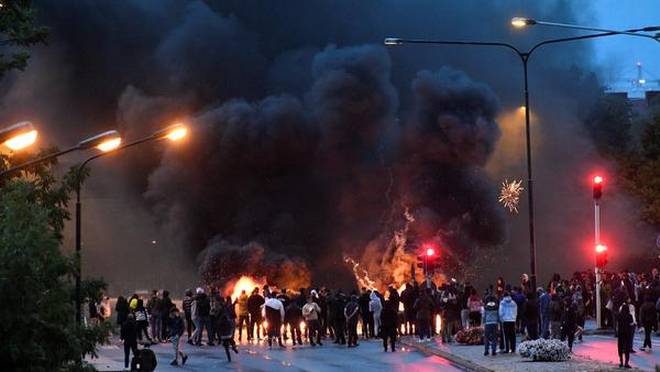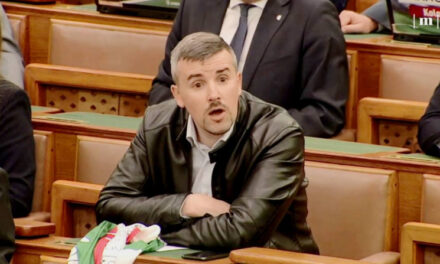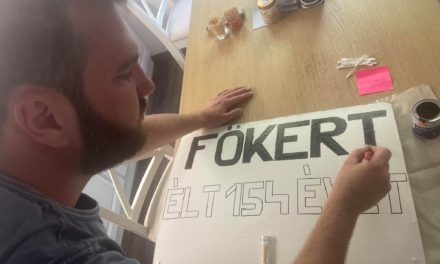The Swedish prime minister would abolish the ethnic ghettos in the big cities, which are hotbeds of organized crime. Migration and integration experts and sociologists, on the other hand, do not like the proposal.
The abolition of ethnic ghettos in big cities was announced by Swedish Social Democratic Prime Minister Magdalena Andersson, who added in an interview to the daily newspaper Dagens Nyheter, "We don't want Chinatowns in Sweden, we don't want Somalitowns or Little Italys" - referring to the well-known city-a-towns of Western, especially American, metropolises. to ethnic ghettos in the city.
He took a similar position to that of his immigration minister, Anders Ygeman, who previously stated that the Swedes want to limit the concentration of people with an immigrant background in the most problematic areas of the cities, which is otherwise very similar to the immigration policy of neighboring Denmark.
However, the Swedish Prime Minister quickly added that, of course, this does not mean the forced relocation of people, as happened in Denmark, instead they are thinking of other solutions, for example
the construction of attractive housing cooperatives, which would enable a mixed population.
Ygeman's proposal was previously heavily criticized by various parties and Swedish migration and integration experts, primarily because of the restriction of non-Nordic immigration to Swedish cities, and also because, as Charles Westin, a sociologist from Stockholm University put it, a "racist approach", in fact, for him categorizing people ethnically based on the language they speak or the color of their skin brings to mind apartheid.
At the same time, Andersson stood up for his immigration minister, saying that the aforementioned solution should have been devised a long time ago (he did not address the absurdity of the accusation that the wishes of a mixed population could be considered racism).
Remember, Andersson previously announced ,
Sweden has not been able to integrate the immigrants it received in the last two decades,
which led to the development of parallel societies and group violence. That is why the government decided to take more effective action against organized crime after Swedish society was shocked by the wave of violence that culminated in riots in mid-April this year, in which more than 100 police officers were injured. Security policy expert Attila Demkó, a regular author of Mandiner, made a report .
speaking at the MCC , Johan Lundberg, a professor at Stockholm University, himself prioritized the most affected Somali clans in Sweden, while the Global Village Foundation organization pointed out that two-thirds of registered job seekers in Sweden are immigrants, among whom Somalis and Eritreans are strongly overrepresented. , Ethiopian, Syrian, Iranian and Iraqi migrants.
Photo: Reuters












